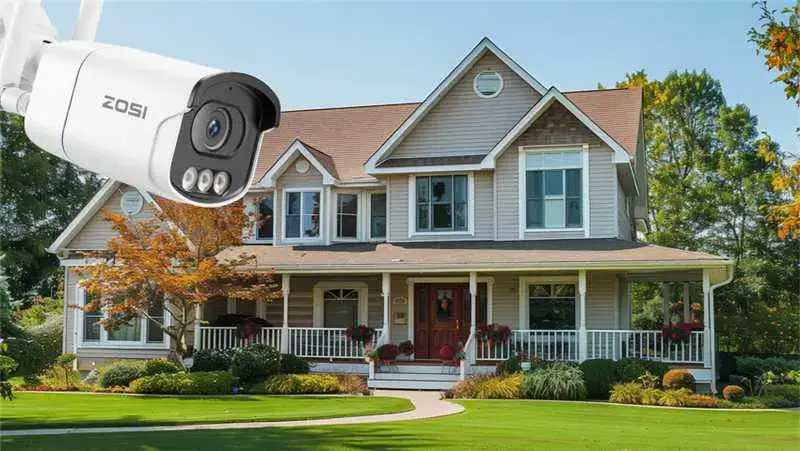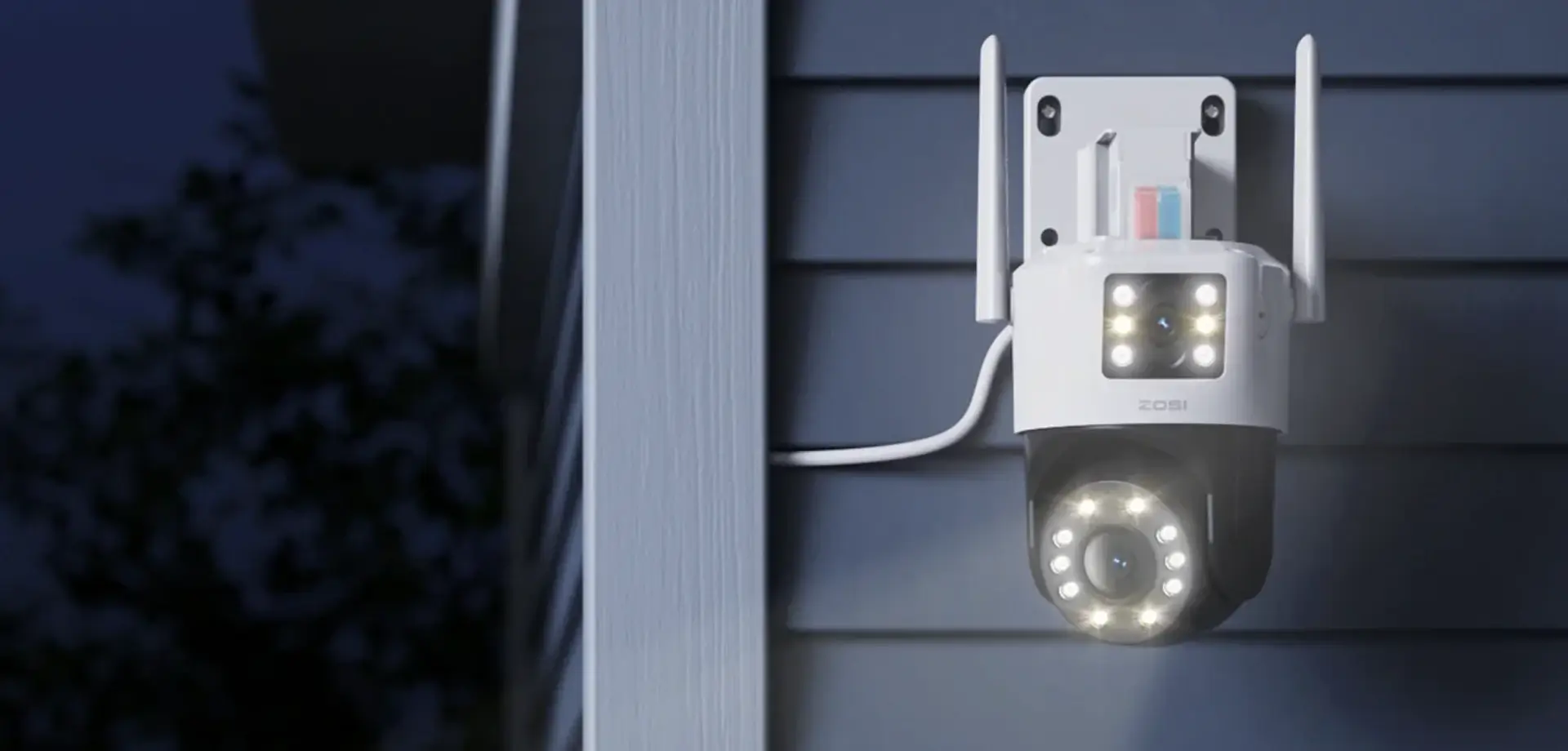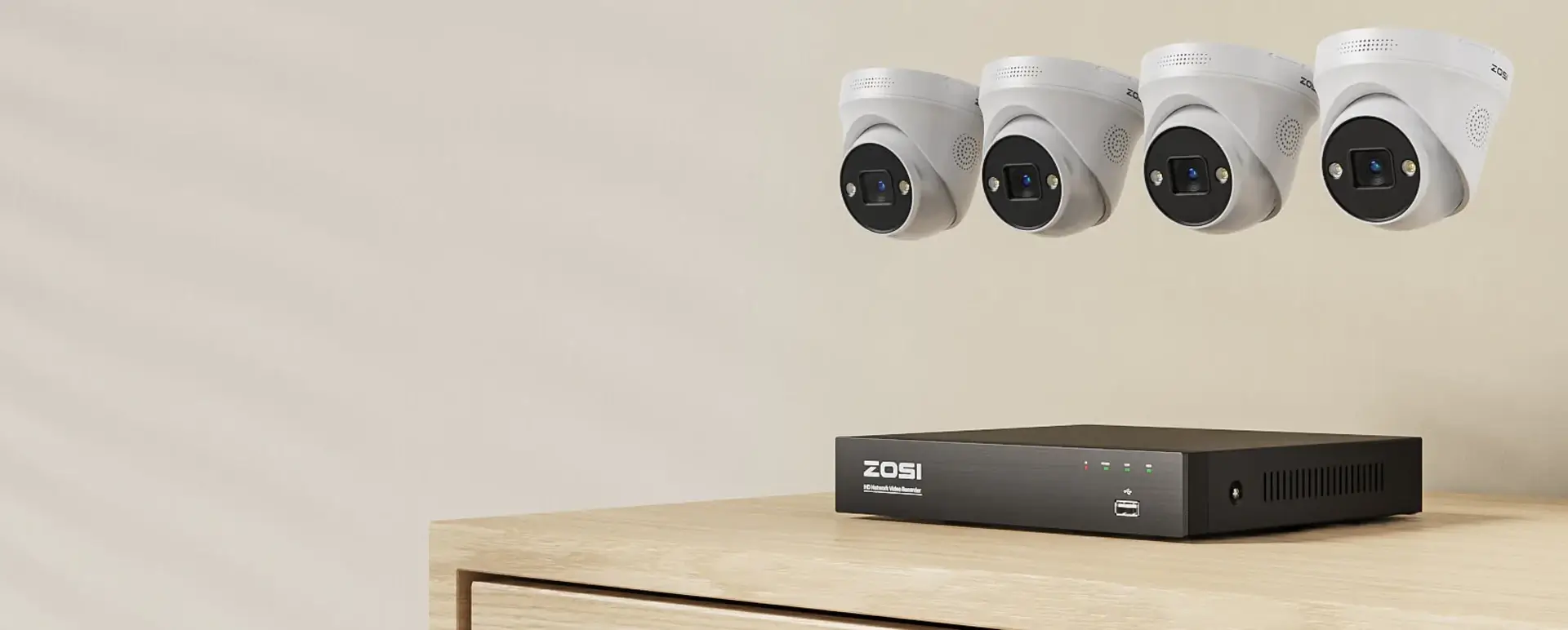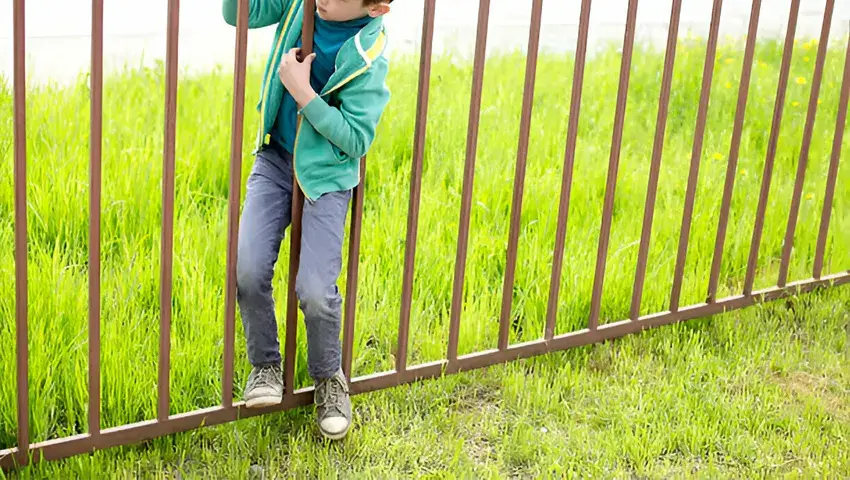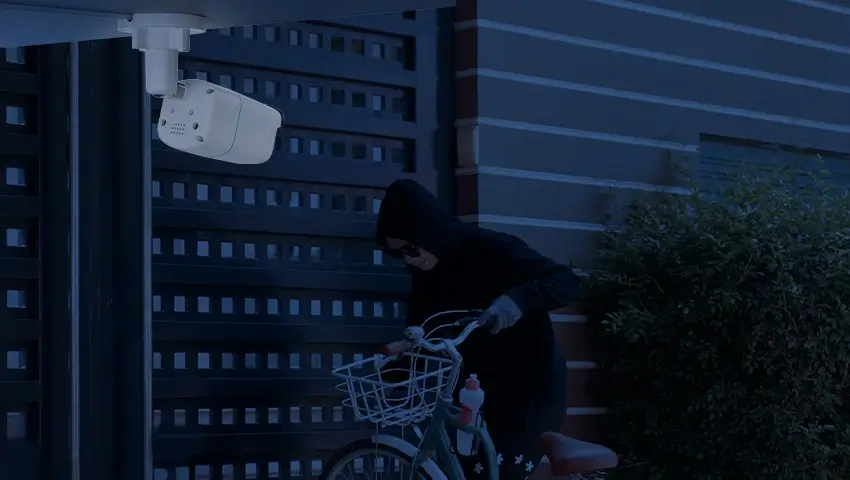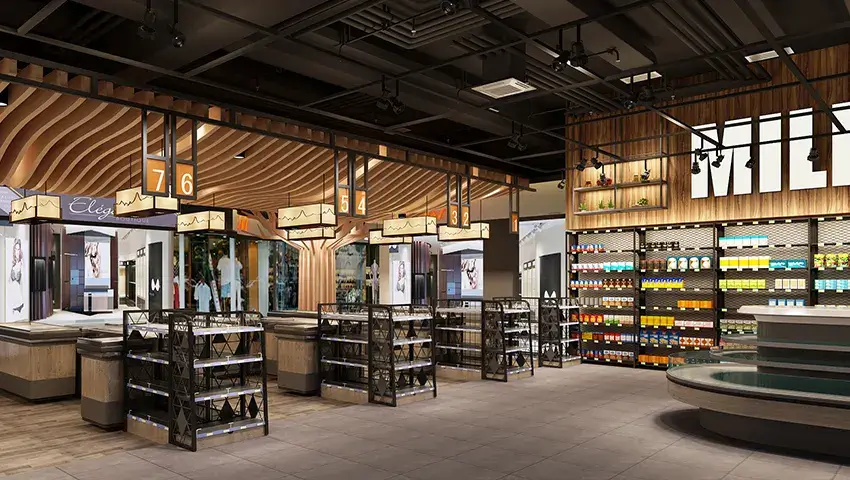When it comes to choosing the right security camera system for your home or business, one of the most important aspects to consider is how long the system will keep the footage it records. Understanding how long security cameras retain video footage is crucial, as it affects your ability to access important data when needed.
For both home security and business surveillance, knowing the retention time can significantly impact your decision-making. Whether you’re trying to protect your property from theft or ensure that your business operates smoothly, having access to footage can be a game-changer. But how long does security camera footage last, and what factors determine the duration of its storage? In this article, we’ll explore these questions and explain how you can manage your footage storage effectively.
Contents
Importance of Security Camera Footage
The value of security camera footage cannot be overstated. In various situations, video footage serves as a crucial tool for investigation and provides peace of mind. Here’s why:
1. Investigations:
If a break-in or an accident occurs, having access to security footage can provide vital evidence. Law enforcement often relies on video recordings to identify suspects, reconstruct events, or clear individuals of suspicion.
2. Insurance Claims:
In the event of damage or theft, footage can help you substantiate your claim. Insurance companies may ask for video evidence to determine the cause or extent of the damage. Without footage, it might be difficult to receive a full payout or even prove your case.
3. Personal Security:
For homeowners, knowing that footage is available provides confidence. Whether it’s monitoring package deliveries, checking on kids or pets, or ensuring that the property is safe, access to past footage offers assurance.
In essence, security camera footage serves as both a preventive and reactive measure. With a clear understanding of how long footage is stored, you can plan ahead, knowing that vital data will be available when you need it most.
How Long Do Cameras Keep Footage?
The length of time that security cameras retain footage largely depends on a variety of factors, including the type of storage system, the settings on the camera, and the overall storage capacity.
1. Typical Retention Time:
For most modern security cameras, video footage is stored for a period of anywhere from a few days to a few months. However, the retention time can be altered based on the camera system’s settings and the storage options available. Generally, the more expensive systems offer longer storage durations, and users can adjust settings to keep footage for extended periods if needed.
2. Cloud vs. Local Storage:
- Cloud Storage: Many newer security systems use cloud storage, where footage is uploaded to an online server. Cloud storage typically retains footage for 7–30 days, although this can vary depending on the provider. Cloud systems often offer flexibility in that you can extend storage time by purchasing additional space. Cloud systems also allow for remote access to footage, which is useful if you’re on the go.
- Local Storage: Traditional security systems often store footage locally on devices like DVRs or NVRs (Network Video Recorders). Local storage systems can provide longer retention periods, sometimes extending for several months, depending on the system’s storage capacity. However, the downside is that local storage is more prone to theft or damage in case of a burglary, so it may not always be the most secure option.
Storage Duration Control:
Some advanced systems allow users to manually configure the retention duration. For example, you might want footage from the past 30 days to be kept, after which it is automatically overwritten. This flexibility makes it easier for businesses and homeowners to manage their storage needs effectively.
Where Does Security Camera Footage Get Stored?
Understanding where security footage is stored is essential for managing and retrieving it when needed.
1. SD Card Storage:
Many consumer-level security cameras (particularly those designed for indoor use) save footage to an SD card. While this option is affordable, it has limited storage capacity compared to other options. Depending on the video resolution and frame rate, an SD card may only store footage for a few days before needing to be overwritten.
2. Local Storage Options (DVRs and NVRs):
- DVR (Digital Video Recorders): These systems are often used with analog cameras and store footage on internal hard drivesDVR systems are effective for home security but typically have lower storage capacity than NVRs.
- NVR (Network Video Recorders): NVRs are commonly used with IP-based cameras and offer higher storage capacities. These systems allow you to connect multiple hard drives, so if you need more space, you can easily add additional drives.
3. Cloud Storage:
Cloud storage is increasingly popular for its convenience and security features. Many modern security cameras, including ZOSI’s range of Wi-Fi cameras, offer cloud storage options. With cloud storage, you don’t need to worry about local device failures, and you can access footage remotely. However, it does come with a subscription fee and limitations on storage duration unless you upgrade your plan.
Factors Affecting CCTV Storage Capacity
Several factors influence how much footage can be stored and how long it can be kept.
- Video Resolution: Higher resolution video files (e.g., 1080p, 4K) take up more space. While higher resolutions provide better image quality, they also require more storage. Lowering the resolution can help maximize storage, though at the cost of video clarity.
- Frame Rate: The frame rate of a camera determines how many frames are captured per second. A higher frame rate (e.g., 30 frames per second) results in smoother video but consumes more storage. Reducing the frame rate to 15 or 20 fps can help extend the retention period.
- Compression Technology: Modern cameras use compression technologies like H.264 or H.265, which reduce file sizes without sacrificing quality. This is an effective way to maximize storage while maintaining good video clarity.
- Motion Detection Settings: Continuous recording takes up more space than motion-triggered recordings. If your system is set to record only when it detects motion, it will use less storage than if it records non-stop. This is particularly useful for outdoor cameras where activity is sporadic.
- Number of Cameras: The more cameras you have, the more storage you’ll need. A multi-camera system will consume significantly more space than a single-camera system, so it’s essential to plan your storage capacity accordingly.
How to Keep Footage for Longer?
If you want to keep footage for a longer period, here are a few strategies:
- Increase Storage Capacity: Adding more hard drives or upgrading your cloud storage plan can help you store more footage for longer periods. Many NVR systems offer the option to add multiple hard drives, extending your storage capacity.
- Lower Video Quality: Reducing video resolution will reduce file size and extend storage time. However, this may affect the quality of the video, so it’s a trade-off.
- Use Efficient Compression: Switching to more advanced compression formats like H.265 can drastically reduce file size without compromising video quality, allowing you to store more footage.
- Use Motion Detection: Set your cameras to record only when motion is detected. This minimizes unnecessary footage, saving storage space.
- Automatic Overwriting: Configure your system to overwrite the oldest footage once storage is full. This ensures that the most recent footage is always available while maintaining a continuous loop of recording.
Some ZOSI Recommended Security Cameras for Longer Footage Retention
ZOSI offers a variety of security camera systems with features that support extended footage retention. Here are some top picks:
1. ZOSI 5MP Wi-Fi 6 Wireless Camera System:
This system supports high-quality 5MP video resolution, and its cloud storage and smart compression technology make it ideal for long-term footage retention. It also offers remote access to footage, making it a great choice for both homes and businesses.
4K/5MP Pan-Tilt Wi-Fi 6 Camera Systems - C296 Series
- 4K/5MP Super HD
- Color Night Vision
- Human Auto Tracking
- Person Vehicle Detection
- Spotlight & Sound Siren
- Two-way Audio
- Present Points
- Customized Alerts
- Detection Zone
- HDD Storage
2. ZOSI C298 Pro PoE Camera System:
With the ability to add multiple hard drives and a variety of storage settings, this system offers flexible storage solutions for users who need to keep footage for months. It also supports high-definition recording, making it ideal for security in larger areas.
8MP PTZ Wifi Outdoor Camera With Dual Lens - 1NC-298
- 4MP+4MP Dual Lens
- Dual Lens Achieves Ultra-wide Field Of View
- AI Person Detection and Auto Tracking
- Starlight Color Night Vision
- Smart Motion Alerts Push
- Two-way Audio & Customize Voice Alerts
- SD Card Storage & Cloud Storage
3. ZOSI C225 4K POE Camera Systems:
These cameras provide exceptional 4K video quality and are perfect for users who prioritize high-resolution footage. With advanced storage management options, you can ensure that footage is stored efficiently and remains accessible for as long as needed.
C225 - 4K POE Surveillance Cameras Security Monitor Systems
- 4K Ultra HD
- Smart Person/Vehicle Detection
- Customize Detection Zone
- Starlight Night Vision
- 24/7 Video & Audio Recording
- Access Remotely & Flexibly
- Two Way Audio
FAQs
1. Do security cameras record all the time?
Most cameras record continuously or based on motion detection. Some systems also allow for manual scheduling to start and stop recording at set times.
2. How long do stores keep security footage?
It varies by store and security system, but most stores retain footage for 30 to 90 days.
3. How to tell if a camera is recording?
Most cameras have an indicator light or a status display that shows whether the camera is actively recording.
4. Do home security cameras delete footage?
Yes, most cameras will automatically overwrite old footage once the storage is full unless manually configured otherwise.
Conclusion
Understanding how long security cameras keep footage is critical for ensuring you have access to important video evidence when you need it. By considering factors such as camera type, storage capacity, and the resolution of the video, you can better manage your security footage and make informed decisions.
If you want to extend your footage retention, consider upgrading your storage, lowering video quality, or using motion detection to save space. ZOSI’s range of security cameras provides advanced features for efficient footage management, giving you the peace of mind that your footage is stored safely and securely.
Explore ZOSI’s recommended security camera systems today and choose the best one for your needs!
